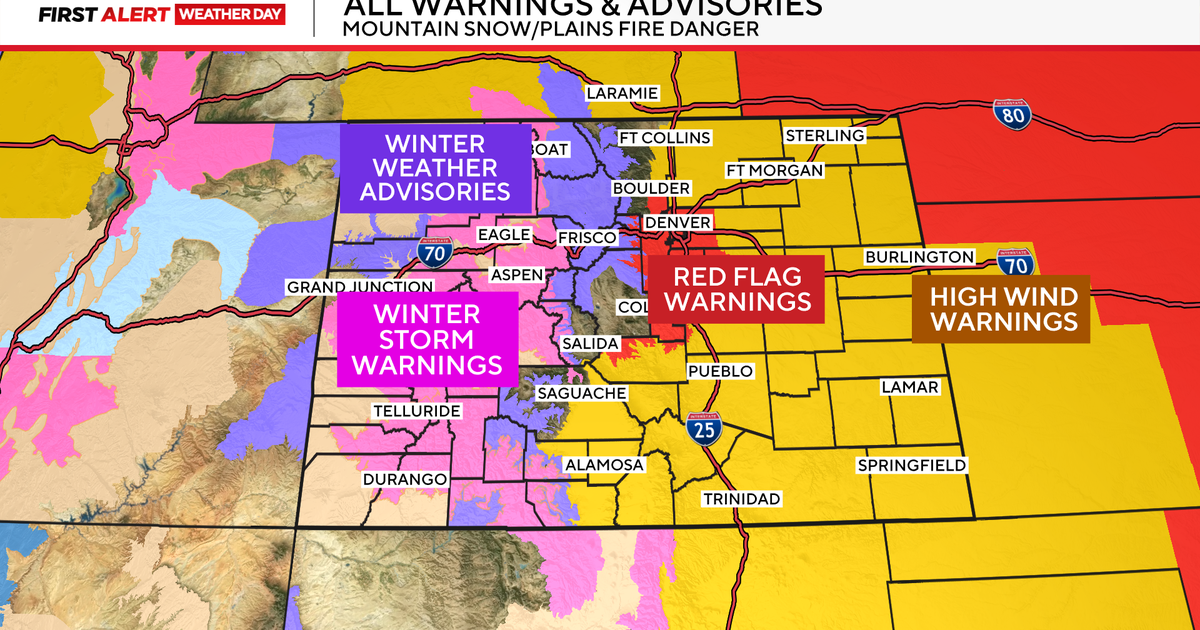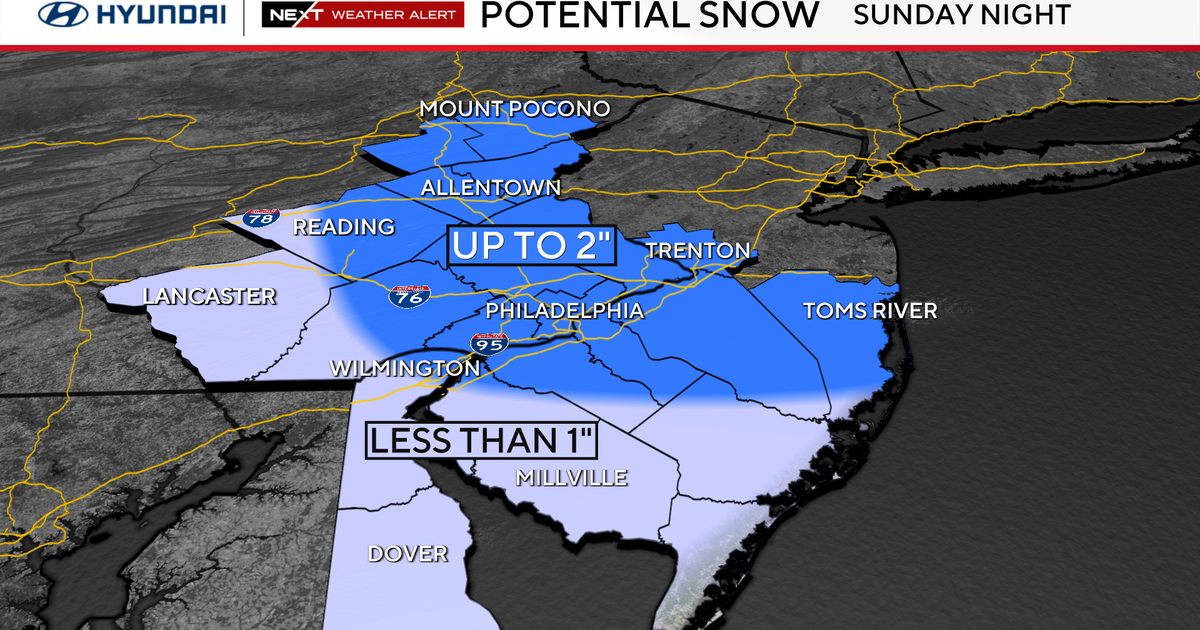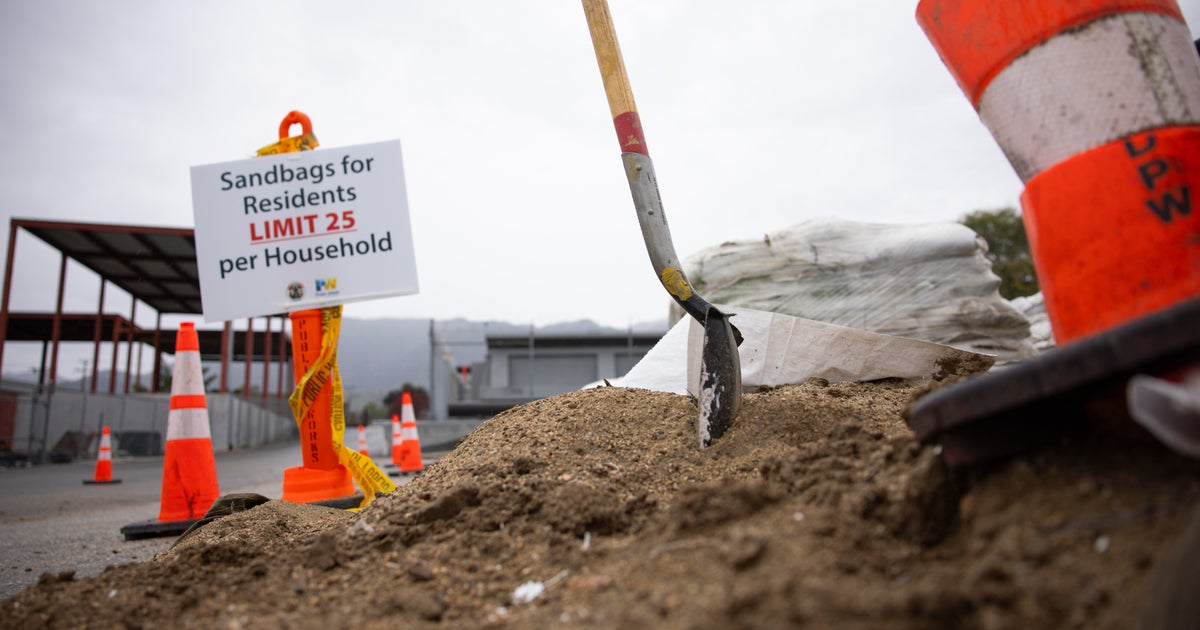Two people dead as major storm dumps ice and snow on much of Northeast after hitting South
One person in Tennessee and another in Oklahoma died after a major winter storm swept across central and southern U.S. states, state officials confirmed Friday. That same system, now moving through Pennsylvania and New England, cut electricity to about 350,000 homes and businesses from Texas to the Ohio Valley and caused thousands of flight cancelations nationwide, forecasters said.
It is not clear how the person in Haywood County died, but the Tennessee Department of Health said it was weather-related. In a press release on Friday, the state's emergency management agency warned of hazardous road conditions in middle and western parts of the state, telling drivers to stay off of the roads.
The Oklahoma Highway Patrol on Friday also reported one weather-related death but did not provide further details. Since Wednesday, the state has reported 448 non-injury collisions, 67 injury collisions and 510 motorist assists. The Oklahoma Department of Transportation told drivers to closely follow the weather forecast and stay updated on road conditions.
Meanwhile, the storm disrupted flights at major hubs in the U.S. on Friday morning, including airports in New York City, Boston and Dallas.
A foot of snow was expected to accumulate in northern New York and northern New England, but it was the ice that threatened to wreak havoc on travel and electric service in the Northeast before the storm heads out to sea late Friday and Saturday, said Rick Otto, meteorologist for the National Weather Service in College Park, Maryland.
"Snow is a lot easier to plow than ice," he said.
Even after the storm moves out, ice and snow were expected to linger through the weekend because of subfreezing temperatures, Otto said.
Parts of New York, Pennsylvania and Vermont had snowfall reports of a foot or more Friday morning, according to the weather service.
Freezing rain and flash freezes were creating hazardous conditions on highways and streets in Massachusetts and New Hampshire Friday morning, CBS Boston reports. Police in both states said that's led to multiple crashes and vehicles driving off the road, and they're asking people to stay home if possible.
Western Pennsylvania was dealing with rain, ice and snow throughout the region Friday morning, CBS Pittsburgh reports.
About 350,000 homes and businesses lost power from Texas to Ohio on Thursday as freezing rain and snow weighed down tree limbs and encrusted power lines, part of a winter storm that caused a deadly tornado in Alabama, dumped more than a foot of snow in parts of the Midwest and brought rare measurable snowfall and power outages to parts of Texas.
Many schools and businesses remained closed Friday in areas hit by the wintry weather a day earlier because roads remained icy and temperatures never rose above freezing.
As of 6:30 a.m. EST Friday, some 300,000 customers had no electricity nationwide, according to PowerOutage.us. Tennessee had the most, some 130,000, followed by Ohio with approximately 83,000 and Pennsylvania with about 35,000.
And flight tracking service FlightAware.com said there were already almost 2,800 canceled flights Friday on the heels of 5,200 Thursday.
The highest totals of power outages blamed on icy or downed power lines were concentrated in Tennessee, Arkansas, Texas and Ohio, but the path of the storm stretched further from the South and Northeast on Thursday. Several schools and universities across the region closed on Friday as a result of poor weather conditions.
More than 20 inches of snow was reported in the southern Rockies, while more than a foot of snow fell in areas of Illinois, Indiana and Michigan.
Crews worked Friday to remove trees and downed power lines from Memphis streets, and public works and utility officials said it could take days for power to be restored in the city.
Freezing rain and sleet that caused ice accumulation on trees - making them sag and lose heavy limbs that dropped onto streets, homes and cars - stopped Thursday evening. But banging sounds from falling tree limbs continued through the night in residential neighborhoods.
Freezing temperatures meant the ice would remain a problem for days, making driving dangerous, officials said. Robert Knecht, Memphis' public works director, said Thursday evening that there were 225 downed trees on city streets and crews were working 16-hour shifts to clear them.
Six people were taken to a hospital after a 16-vehicle crash on a Memphis highway. Two were in critical condition, the Memphis Fire Department tweeted.
Fourteen vehicles got involved in a pileup in the Austin area Thursday night but no injuries were reported, and a dozen vehicles were in another one, in the Houston area.
In Texas, the return of subfreezing weather also brought heightened anxiety nearly a year after February 2021's catastrophic freeze that buckled the state's power grid for days, leading to hundreds of deaths in one of the worst blackouts in U.S. history.
Facing a new test of Texas' grid, Republican Gov. Greg Abbott said it was holding up and on track to have more than enough power to get through the storm. Texas had about 70,000 outages by Thursday morning, nowhere close to the 4 million outages reported in 2021. That was down to some 15,000-plus Friday morning.
Abbott and local officials said Thursday's outages were due to high winds or icy and downed transmission lines, not grid failures.
The disruptive storm began Tuesday and moved across the central U.S. on Wednesday's Groundhog Day, the same day the famed groundhog Punxsutawney Phil predicted six more weeks of winter. The storm came on the heels of a nor'easter last weekend that brought blizzard conditions to many parts of the East Coast.





